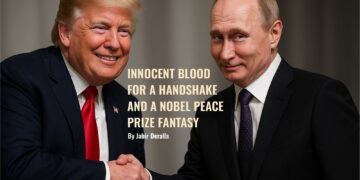The European Commission is not giving up on starting accession talks with North Macedonia, MIA reports from Brussels.
It has reiterated the position that stakeholders can find common ground and overcome differences.
“We encourage both sides to resume efforts to resolve bilateral issues,” EC spokesperson in charge of enlargement, Ana Pisonero, told MIA.
On November 17, the Council of the EU is set to hold a session to discuss enlargement and make a decision on the adoption of North Macedonia’s EU negotiating framework.
Bulgaria, however, is adamant that it can’t greenlight start of talks until a compromise regarding language, historical issues, etc. is reached.
“We continue to hope that an agreement on the negotiating framework will be reached soon in order to hold the first intergovernmental conference as soon as possible,” Pisonero said.
The European Commission has never tried to rush starts of talks, nor has bartered with dates.
Only the German Presidency and the EU Enlargement Commissioner have expressed hopes that the first intergovernmental conference will take place by the end of 2020, that is, within Germany’s presidency of the Council of the EU.
Using the phrase “as soon as possible”, the EC stressed, represents neither reiteration nor change in its ambitions regarding North Macedonia.
Moreover, the European Commission, it pointed out as its position, commends the efforts of the German Presidency to facilitate talks between Bulgaria and North Macedonia in order for the Council to reach an agreement regarding the negotiating framework, and keeps in touch with stakeholders to offer assistance.
Brussels-based diplomats don’t have the impression that North Macedonia has acted unproductively in the process, they told MIA, stressing the positive impression of Prime Minister Zoran Zaev’s in-person visit to Sofia, within the Berlin Process.
Now, it’s up to stakeholders to continue discussions in order to find common ground. Although other EU members don’t support Bulgaria’s position, it still has an unconditional right to veto, while no other country or institution is allowed to meddle in bilateral issues, diplomatic sources underlined.
















